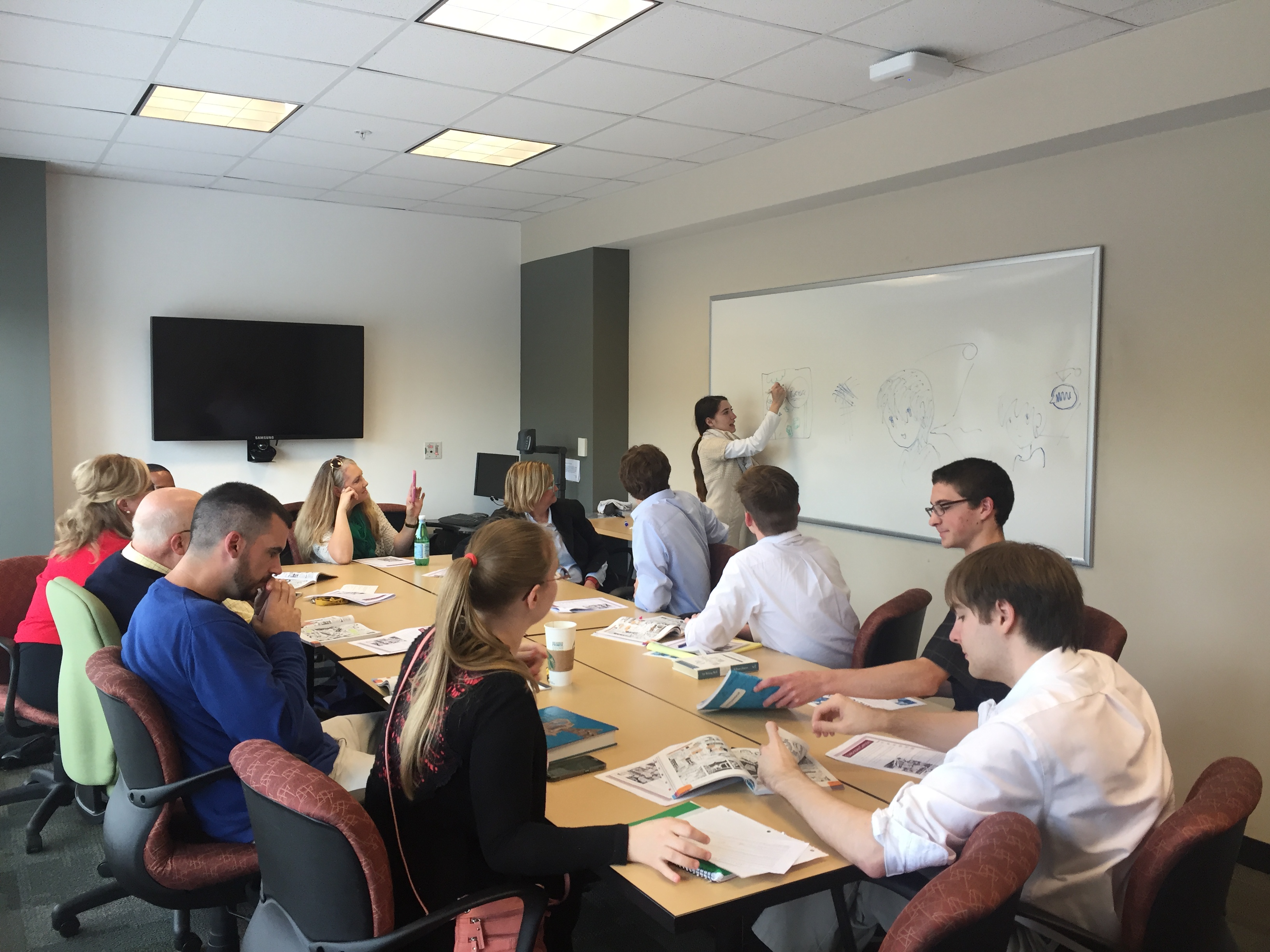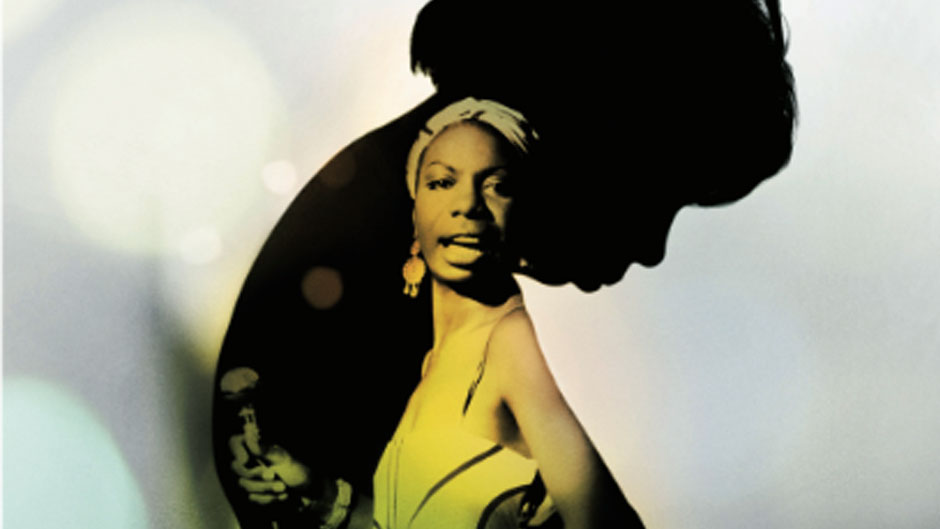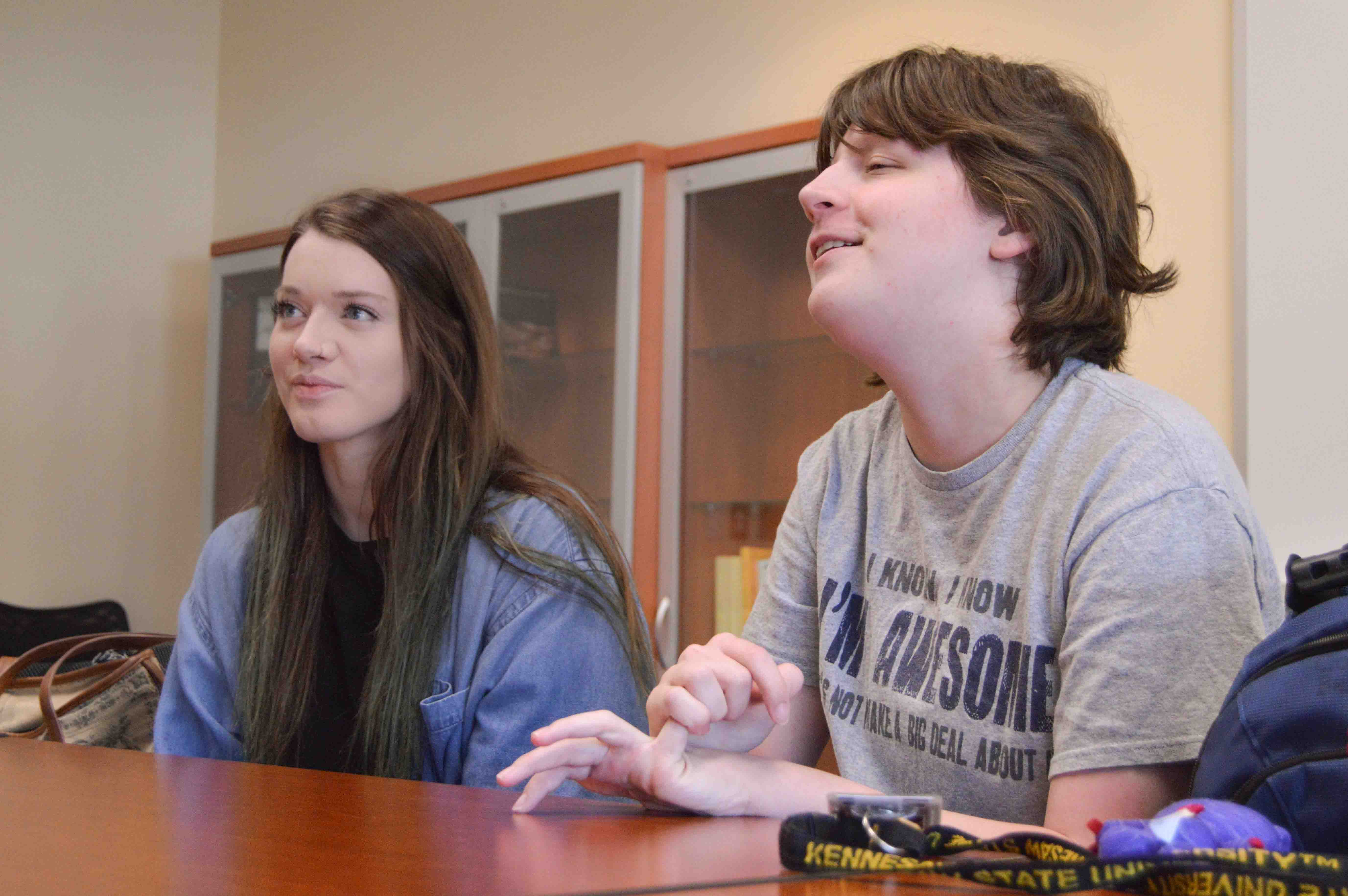The author of “Understanding Rhetoric: A Graphic Guide to Writing” visited Kennesaw State to receive feedback on her textbook from a group of students and to offer insight into the writing process behind it.
Dr. Elizabeth Losh, associate professor of English and American studies at William & Mary University, visited the Kennesaw campus Nov. 2 to talk about her textbook and possible changes that could be made in the upcoming edition.
A student-run committee formed by five students from Dr. Chris Martin’s honors English 1101 class received Losh and provided her with constructive criticism on the textbook.
The third edition of “Understanding Rhetoric” is set to come out in 2020, and the members of the committee hope that their feedback will influence choices made in the future edition.
According to a pamphlet that the students made, the goal of the committee was to “[produce] a series of suggestions that can make ‘Understanding Rhetoric’ even more tailored to the needs and learning styles of the average first-year student.”
The panel ran from 2-3 p.m. in the Social Sciences building, and both students and professors gave feedback on the textbook. Losh also gave insight into the designing and editing of “Understanding Rhetoric,” a textbook comprised mainly of comic strips.
The committee was comprised entirely of first-year and dual-enrollment students Matthew Tikhonovsky, Angel Patterson, Zachary Turnage, Avery Turnage, Zach Reed and Robbie Cronin.
Throughout the meeting, each student took a turn to offer critiques on different elements of the book. Each student covered a different topic, from illustration to content. Losh explained certain choices as being necessary but was overall receptive to the advice given during the panel.
According to Martin, Tikhonovsky reached out to Losh via email and set up the panel. In the five weeks leading up to the Nov. 2 meeting, the students on the committee analyzed “Understanding Rhetoric” to generate comprehensive feedback. They also reached out to other students and professors who have used the book.
Losh expressed her interest in maintaining a relationship with the student committee and KSU.
“Having a group of students on a textbook committee want to intervene and make the book better is a really good model,” Losh said. “I really learned a lot, and I’m really grateful that [they] took the time — [their] feedback will be used.”
Students are encouraged to contact the authors if they would like to provide feedback on the textbook.



